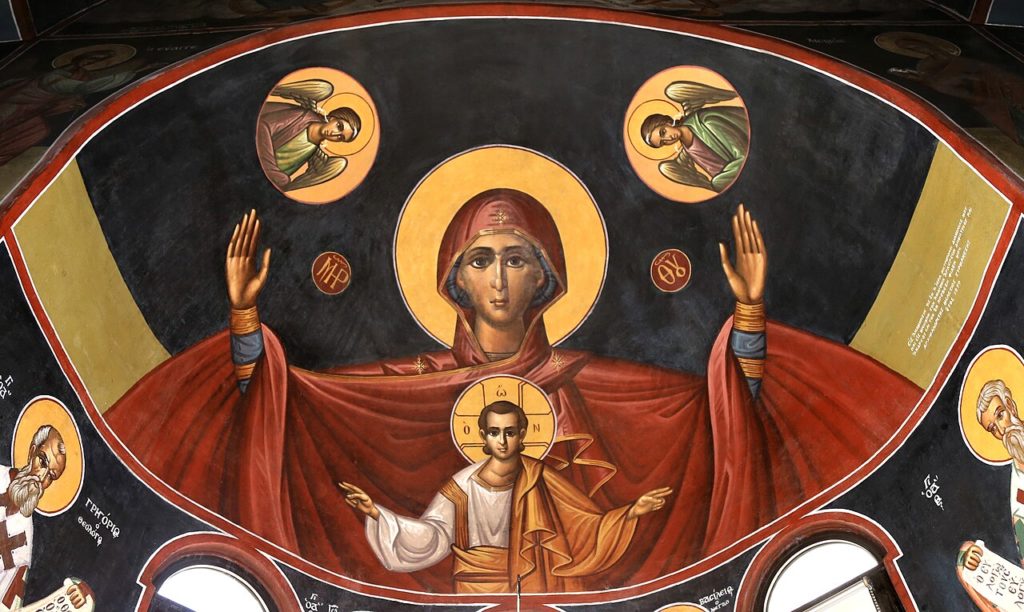Most people recognize the name of St. John Chrysostom when they see it in print, but they don’t talk about him because they’re not sure how to pronounce his name. Is it CHRYS-os-tom or Chrys-OS-tom?
Here’s a secret: either pronunciation is correct. So feel free to speak up, especially this month as we celebrate his feast day on September 13.
St. John was a man of great natural gifts. He was an orator, a rhetorician — a public speaker who could entertain a crowd for hours or represent someone in a court of law. He studied under the most famous teacher of his time, Libanius, who had trained emperors.
While still a teen, however, John discerned a very different vocation. God was calling him to live as a hermit on Mount Silpios, near John’s native city of Antioch. There he learned to fast and keep vigil, staying up all night to read the Scriptures and commit them to memory.
Eventually, however, his health failed under this demanding regimen, and he had to return to Antioch. His bishop, recognizing the opportunity, soon ordained him a deacon and eventually a priest. John entered the pulpit and preached, and that’s how he earned his nickname “Chrysostomos,” which means “Golden Mouth.”
Like most biblical interpreters from Antioch, John emphasized the literal sense of Scripture. In other schools of thought, allegory was at the forefront. But John preferred to proclaim the historical truth of the events related in the Sacred Page, and from those facts draw out the divine meaning.
Yet his homilies weren’t merely history lessons. They were eminently practical. John enjoyed preaching about the moral dimension of everyday living — marriage and parenting, work and charity, and so on.
So even though John preached more than a millennium-and-a-half ago, he still speaks vividly to our condition. Human nature hasn’t changed in all these years. So, whether he’s speaking about the scenes of the Gospel or a conversation in the marketplace, he presents a world that’s familiar to us. We don’t have to struggle to understand his sermons.
John was also a brilliant preacher of mystagogy — that is, the explanation of the Church’s sacraments. This corresponded naturally to his native preferences, since the sacraments are often the literal content of the books of the Bible. Jesus said, “This is my body,” and he meant it. He said, “My flesh is real food,” and he wasn’t making a metaphor.
John speaks of these Gospel passages, and then he draws out the implications. In one famous homily he said, “Let us then return from the [Communion] table like lions breathing fire, having become terrible to the devil. … This blood, if rightly taken, drives away devils, and keeps them far from us, while it calls the angels and the Lord of angels to us.”
But the blood must be “rightly taken,” and that is a cue for Christian moral living. We go forward with the strength of our last Communion, and that should show. We go forward wishing to be worthy of our next Communion.

